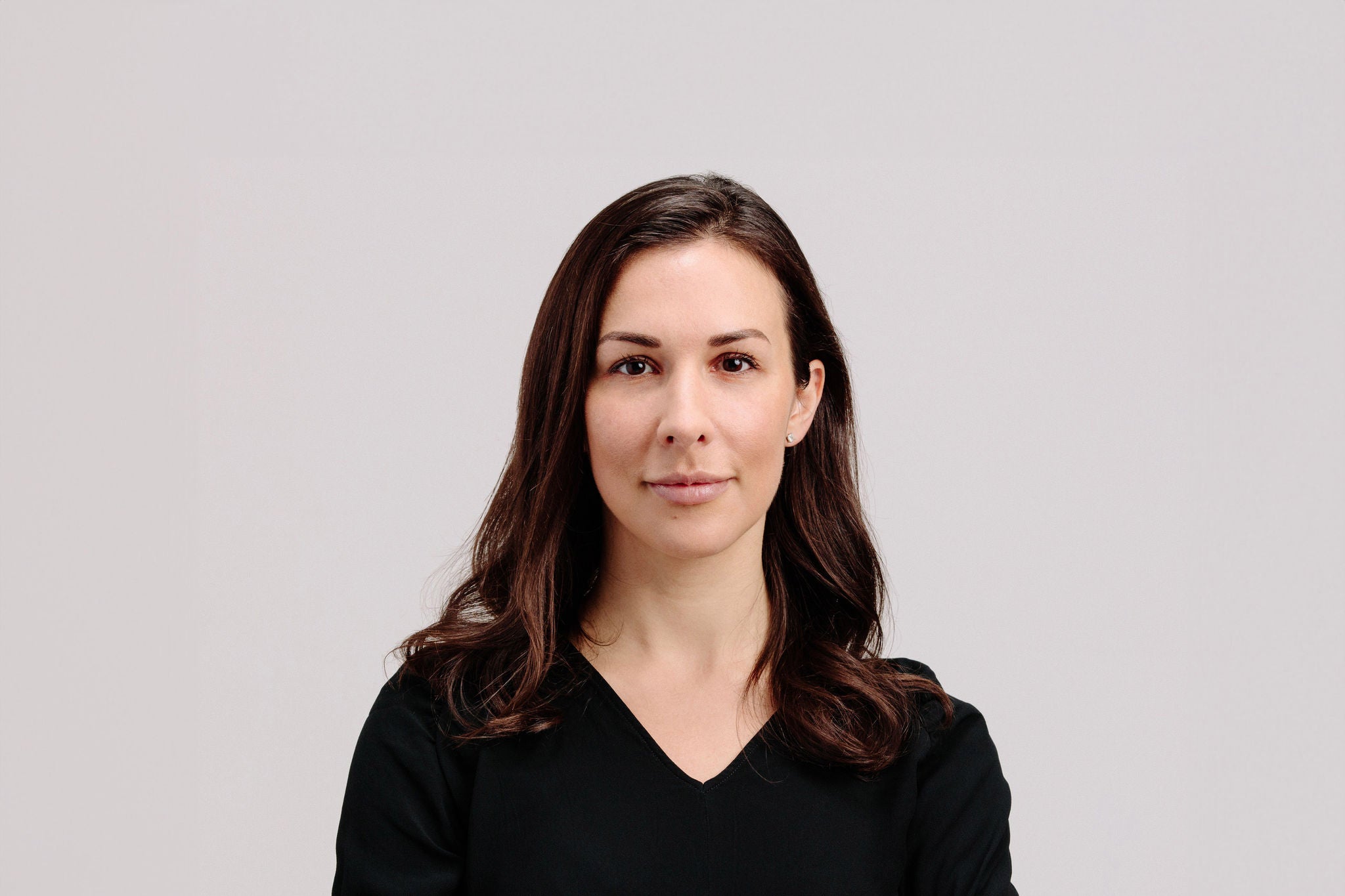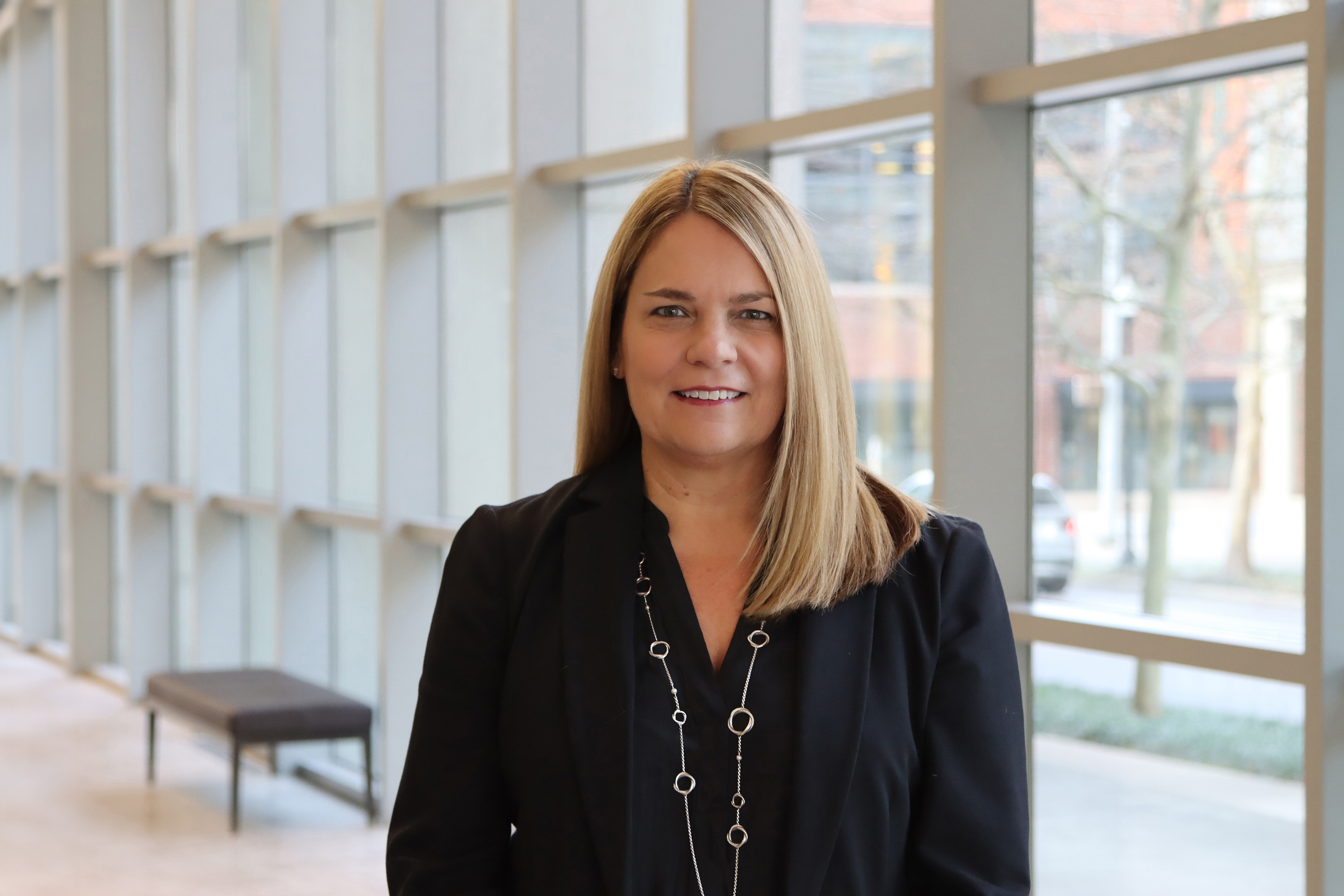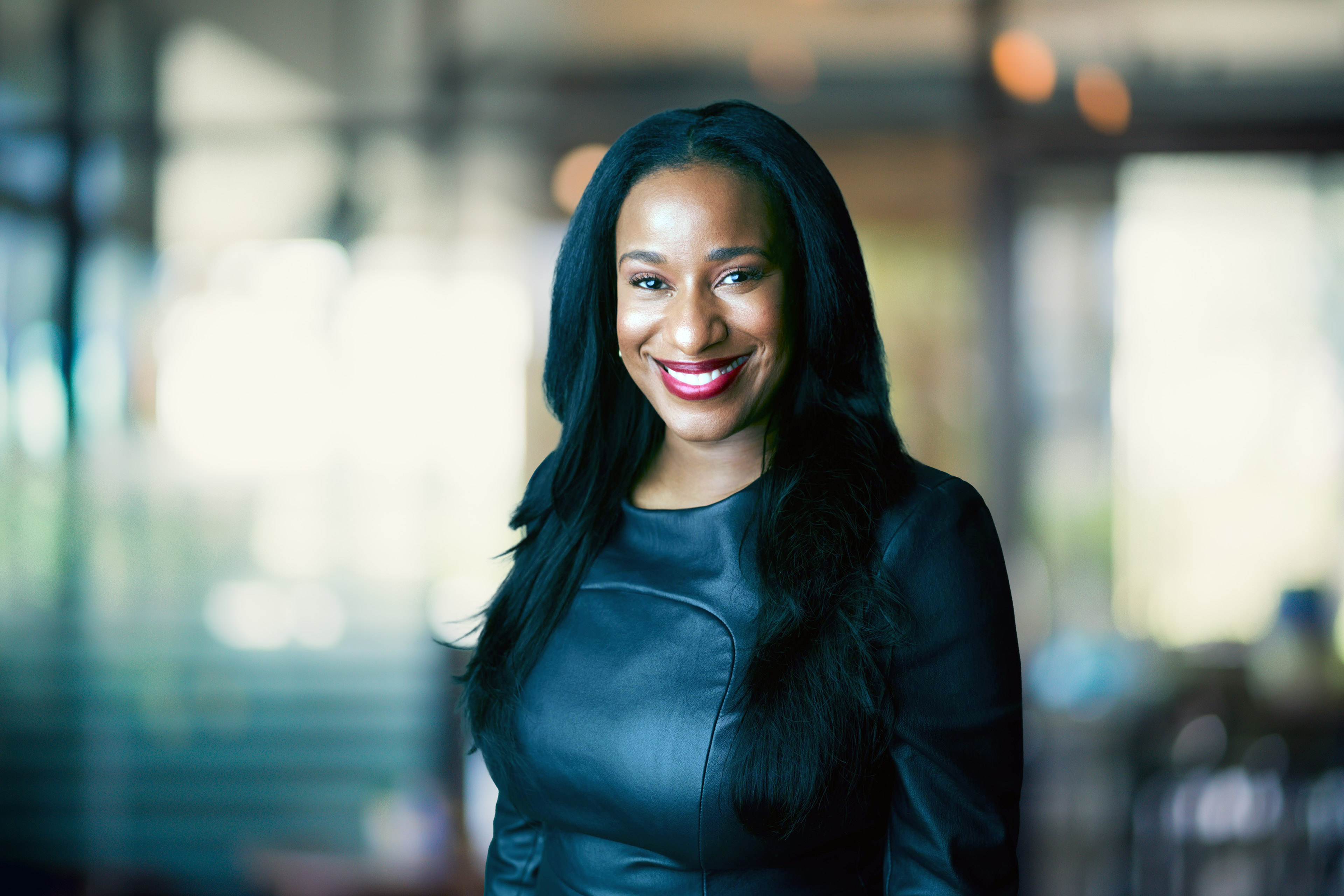EY refers to the global organization, and may refer to one or more, of the member firms of Ernst & Young Global Limited, each of which is a separate legal entity. Ernst & Young Global Limited, a UK company limited by guarantee, does not provide services to clients.
How EY can help
-
EY.ai, a platform that unifies human capabilities and artificial intelligence to help you confidently adopt AI. Learn more.
Read more
Tell us about your career at EY US.
What started as a college internship turned into a full-time role in EY US’s Chicago office and shaped the trajectory of my career in many ways. A big part of what initially drew me to the firm was its established brand reputation and global presence; it was a great place for me to build a professional foundation as I entered the workforce.
I found it interesting that my job as an auditor was to review the business’s decisions and financial results. I realized quickly that my calling was actually making those decisions and helping craft the financial “story” of the business.
I transitioned to industry after only a few years, but I consistently leverage the perspective that I gained as an auditor to build a business that lends itself well to outside review. Being an EY alum means demonstrating the ability to bridge the understanding between the worlds of auditing and strategic decision-making.
How did EY US help shape your career journey?
My work at EY US helped me develop a deep understanding of what it takes to scale a company. Successful businesses in Silicon Valley often grow from a handful of employees, to a couple hundred, to a few thousand, and then – if they’re lucky – tens of thousands. As a leader it’s my job to put processes in place that maintain financial reliability throughout the various stages, while not hampering the company’s progress by being overly restrictive. Calibrating the balance between control and flexibility is something I learned the importance of early on in my career with EY US, and it’s something that I look for in my own auditors today as well.
What is the most valuable lesson you learned while working at EY US?
The most valuable lesson I learned from EY US is the importance of strong relationships. A personal mentor of mine is the controller from a client I audited when I was 22 years old; I accepted a pivotal role in my career from someone I worked with at EY US; and I’ve had the incredible opportunity to speak alongside former EY colleagues on some of the firm’s panels. The most rewarding part of my time at EY US was the relationships I took with me.
At the time you left the firm, what did you envision as the next stage of your career? Did you envision doing what you are now?
When I left, I didn’t have a map of where I wanted to go. I charted my career by going after things that were challenging, and the learning naturally came from that. I experimented with a few different industries to see what fit, and eventually found my calling in early stage technology companies.
Looking back, I wonder if I’d have found the same level of success if I’d held too rigid of expectations about what my path should look like. Part of the beauty of my career path is that sometimes I let it lead me, and that has worked out well for me so far.
Tell us about your role at OpenAI and what makes it most energizing or challenging.
The thing I love most about my job is the spectrum of challenges it presents – no two days have ever been the same. Part of what initially attracted me to OpenAI was that it didn’t look like anything else in Silicon Valley. It is, of course, a technology company, but we’re trying to tackle a very challenging mission and operate a very unique structure. Being able to work on this with some of the most brilliant minds in the world is a privilege, and something that I find both empowering and energizing.
What advice would you give your former self?
Speak up earlier. It took me a long time in my career to get comfortable asking the “stupid” questions. Now I realize that what I once viewed as stupid questions are actually clarifying ones that deserve space in the conversation. Asking these questions drives alignment on the topic, allows us to make the best decision possible and avoid unintended consequences along the way.







